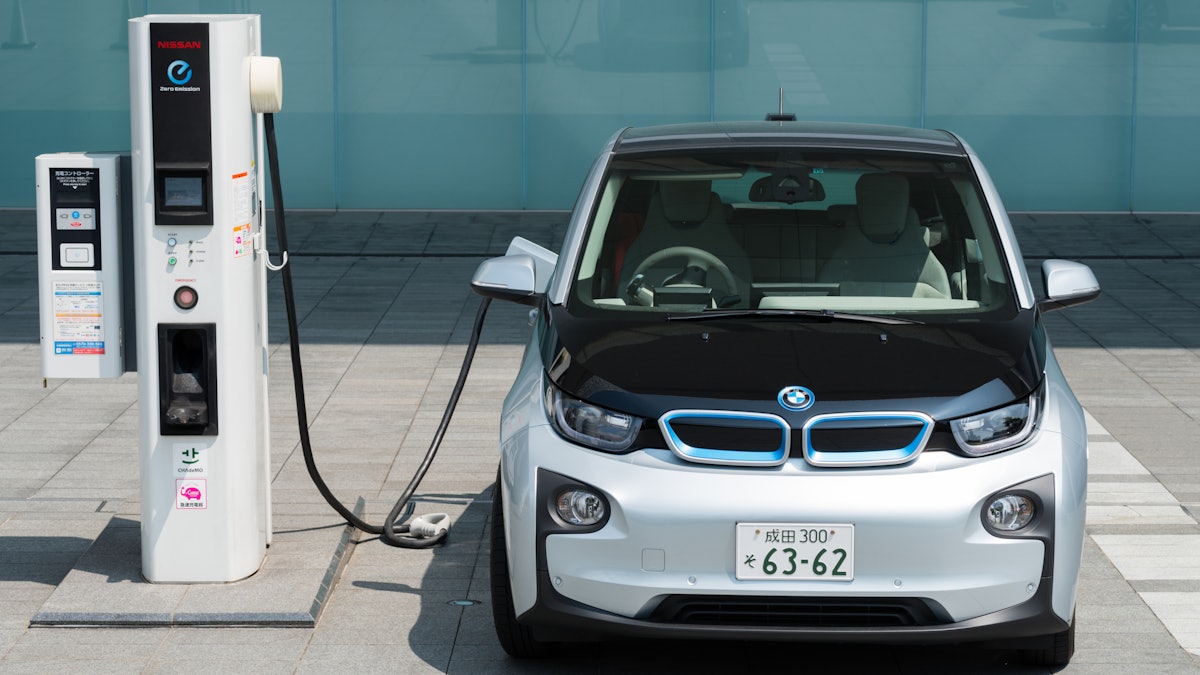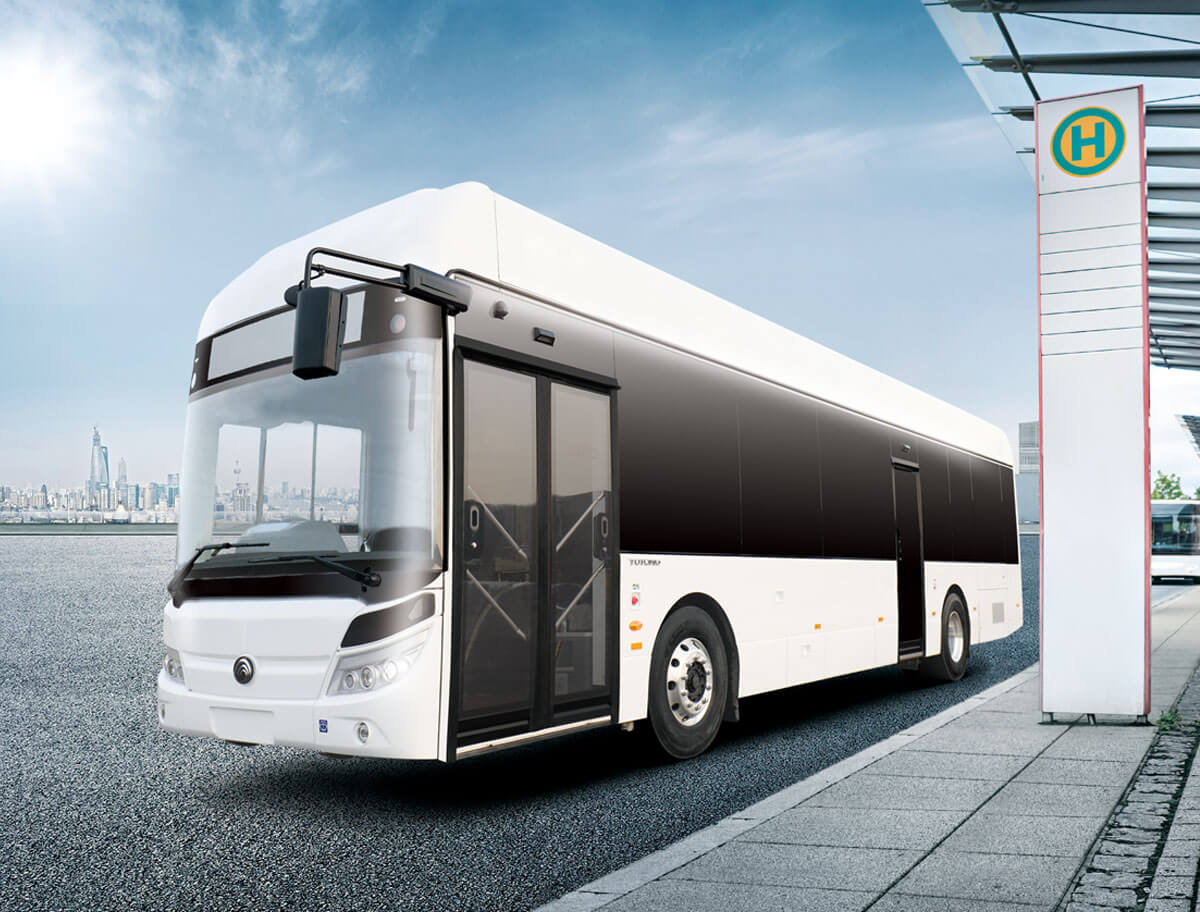Hacker’s Latest Target: The Electric Vehicle
Can cars be hacked? Thirty years ago, that question would’ve seemed nonsensical. Today, with computer chips embedded in every electric vehicle (EV) and charging stations storing user data, EV security isn’t guaranteed. All smart devices — from coffee pots to baby monitors — are hackable, and electric vehicle security has emerged as an unsavory but necessary topic in the broader conversation about EVs.
How to Hack an EV
Any car with a computer chip and remote connectivity is potentially hackable. How do threat actors bypass electric vehicle security measures? The leading way cars can be hacked is through connectivity features — like Wi-Fi, cellular networks and Bluetooth — allowing remote control and vehicle communication. Remotely starting a vehicle requires a wireless connection to a car’s critical safety features. If drivers can control a vehicle remotely, so can hackers.
Crucially, a vehicle’s Controller Area Network — which links critical components like brakes and engines — is sometimes accessible through a cellular or satellite connection. Wirelessly connecting all safety systems using the same software means a single exploit could affect countless vehicles simultaneously.
Researchers from cybersecurity firm Kaspersky looked at 69 third-party applications used to control cars and found that 58 percent use vehicle owners’ information without obtaining consent. Unofficial apps put vehicle owners at risk of data breaches that could lead to stolen credit card numbers, home addresses, or other personal information. They could also give hackers access to vehicle systems.
Software Vulnerabilities
Another way cars can be hacked is through software vulnerabilities. Electric vehicles use complex software systems to control braking, steering, acceleration and other crucial functions. Software vulnerabilities or weak security measures let threat actors take control of the vehicle’s functions.
EVs use telematics systems to provide remote services, collect data and monitor vehicle performance. If these systems are unsecured, hackers can exploit them to gain unauthorized access to a vehicle. Many countries currently have a software developer shortage. In South Korea, a…



